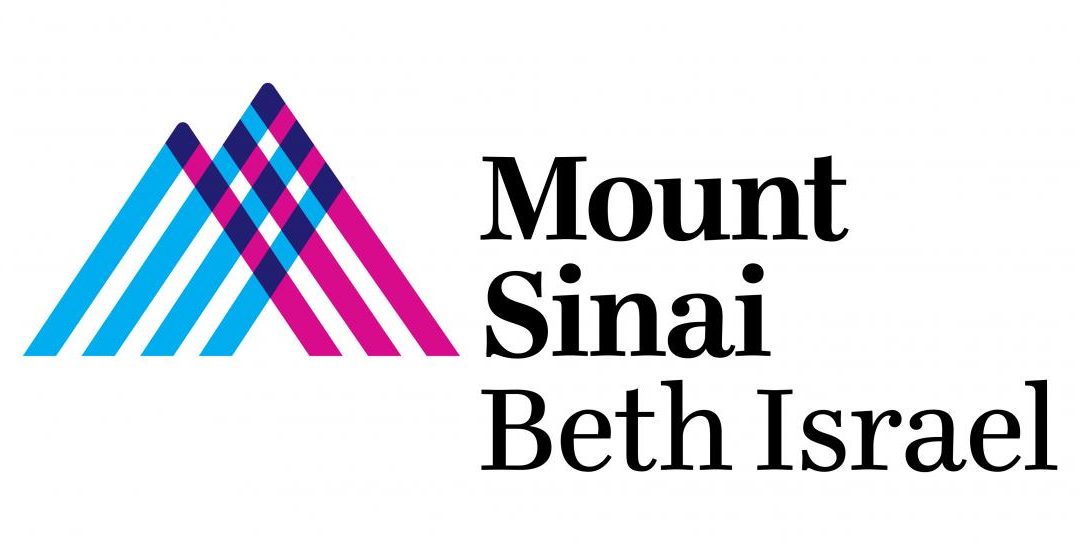How can labor and management collaboration help transform a large healthcare system?
We all know that the New York healthcare landscape is encountering many challenges, including closures, consolidations and increased competition. In January 2016, Mount Sinai Beth Israel’s (MSBI) leadership joined with the leadership of 1199SEIU to form a Crisis Joint Leadership Team (CJLT), with the assistance of the Labor Management Project (LMP). That team has already had many substantial achievements, which have facilitated MSBI’s transformation.
The CJLT is a high-level engagement committee designed by the leadership of both the Union and MSBI to guide a successful MSBI transition over a five-year period, from an old, large, operationally expensive multi-building facility focused on providing acute care to patients, to a community-based healthcare network focused on keeping people healthy.
Both organizations demonstrated their serious commitment to this goal by designating key, senior level leaders for CJLT membership, including top MSBI management and Union executives. Union delegates and contract administrators are also members of the CJLT.
The CJLT organized and supported job placement fairs for close to 700 staff affected by the transition, allowing them access to information regarding available jobs, job counseling, and new job offers in other parts of the Mount Sinai system. The team spearheaded frequent communication with staff regarding the transition, including labor and management team rounding on the units and dissemination of FAQ documents.
MSBI and its Union partners have achieved substantial improvements in quality for the patients we serve. The hospital has significantly reduced hospital–acquired infection rates and readmission rates. It has also reduced its operating losses.
Mount Sinai will invest more than $500 million to create a community-based network of facilities and practices, all located below 34th street in downtown Manhattan. The network includes a new, smaller Beth Israel Hospital of 70 beds; a completely refurbished 120-bed inpatient behavioral facility; a new, state-of-the-art Emergency Department with all supporting services; expanded and renovated outpatient facilities at three major locations with more than 35 operating and procedure rooms; 16 physician practice locations; and more than 600 doctors.
This has been achieved with considerable attention to minimizing disruption to the staff. MSBI leadership reports that the retention of skilled staff has ensured continuity of care as well as reduced hiring and recruitment expenses. Close to 700 members of the Registered Nurse and Hospital and Guild divisions of the Union have been transferred to different locations within the MSBI network or within the Mount Sinai System. In addition, all have been guaranteed salary protection and job training if needed. Almost 20 percent of the staff who have been transferred have actually received an increase in their wages. Savings to the 1199SEIU/League of Voluntary Hospitals and Homes Job Security Fund (JSF), to which employers contribute, are calculated from a minimum of from $4 million to almost $12 million, depending on assumptions of the percentage of the staff that could have entered the JSF program were it not for this collaborative effort.
In its two years of operation, all are extremely pleased that the collaboration between MSBI and the union has already benefitted patients, union members and the community. Moreover, it has helped stop the extreme financial losses that were making impossible to keep MSBI open.
